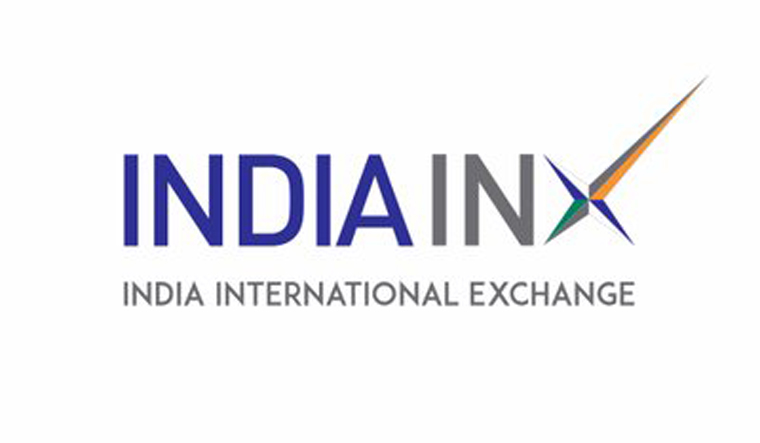India International Exchange, the country's first global exchange based out of the Gift International Financial Centre in Gujarat, has seen a strong traction since it went live with trading in equity derivatives in January 2017. As part of its next step of growth, the exchange, which is owned by BSE, is exploring possibilities to offer listing and trading of depository receipts and alternative investment funds, according to a top official.
“For us the next step will be to get depository receipts to be listed and traded on the exchange and also alternate investment funds and exchange traded funds to be traded on the exchange. These are some areas where some regulatory framework will have to be drawn at both ministry as well as the SEBI level. We have submitted some of our proposals to the regulators and we are waiting for them to come back to us on that,” V. Balasubramaniam, the MD and CEO of India INX told THE WEEK in an interview.
A depository receipt is a sort of a financial certificate, which is traded on a local stock exchange, but represents shares of a foreign company. A common type of depository receipt is the American Depository Receipt or ADR.
The exchange was mooted as a platform for foreign investors outside India to come and trade on; an alternative to Dubai and Singapore stock markets, which have attracted a lot of business. India INX had a slow start when launched in January 2017, but volumes have picked up since, noted Balasubramaniam.
From a daily turnover volume of a few million dollars in the initial months, the exchange is now clocking $1 billion on average and peak volumes are close to $1.7 billion, he said. These are primarily volumes in the derivatives segment.
It has over the last 22-odd months also expanded into the debt market, allowing listing and trading of debt instruments and also started trading in gold. It also now offers futures trading in 107 Indian stocks as well as single stock futures trading in top US-listed companies—Apple, Facebook, Microsoft, Google and JP Morgan.
The debt listing platform, which provides an alternative route for Indian companies to raise funds via external commercial borrowings (ECBs) or rupee denominated masala bonds, versus tapping international exchanges like London or Singapore for the same, has also received good traction.
Recently state-run Rural Electrification Corporation launched its $5 billion global medium-term note programme on the platform. According to Subramaniam, the exchange has managed to get a pipeline of close to $38 billion worth of listings.
Despite getting good momentum across segments, there are still some bottlenecks. The exchange has been keen to introduce dollar denominated rupee contracts for some time now, but hasn't been able to get regulatory clearance for the same.
“We want to get the rupee-dollar trade, and have been working with the regulators, but, it is still kind of work in progress. We have been trying to allay fears of regulators,” said Subramaniam.
So far, futures trading in rupee-dollar contracts is not allowed in the IFSC, even as it has generated lot of interest on the Dubai exchange, where trading volumes are high.
Last month, it launched INX Global Access IFSC Ltd, a single centralised platform through which traders and investors could access international exchanges through IFSC, and this could be another growth driver for INX. The platform will offer access to derivative and investment products traded on international exchanges and INX Global Access has established necessary connectivity with the CME Group of exchanges.
“That is basically a vehicle to enable IFSC brokers and their clients to be able to trade on international exchanges. At this point, we have connected with only CME Group. Now we are also looking to connect other such big exchanges,” he added.



